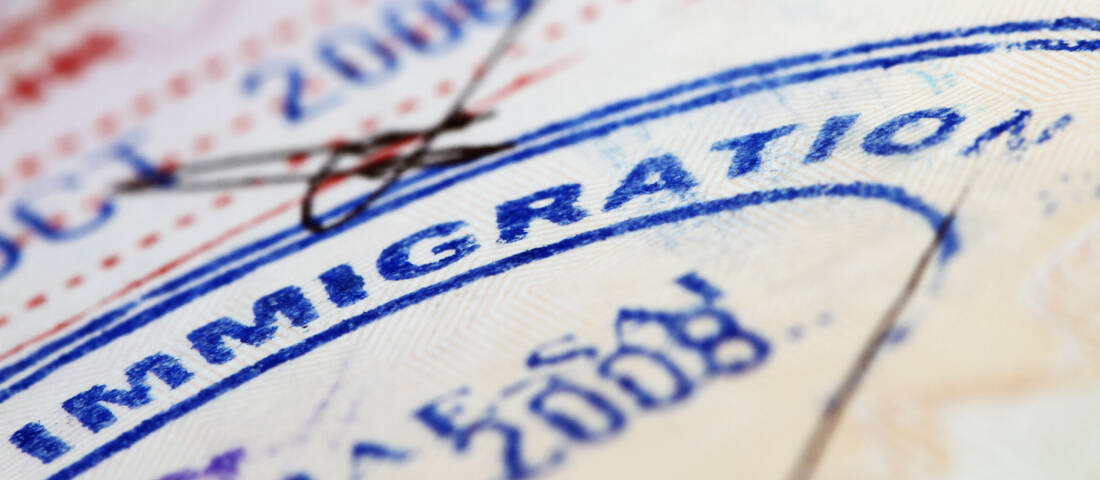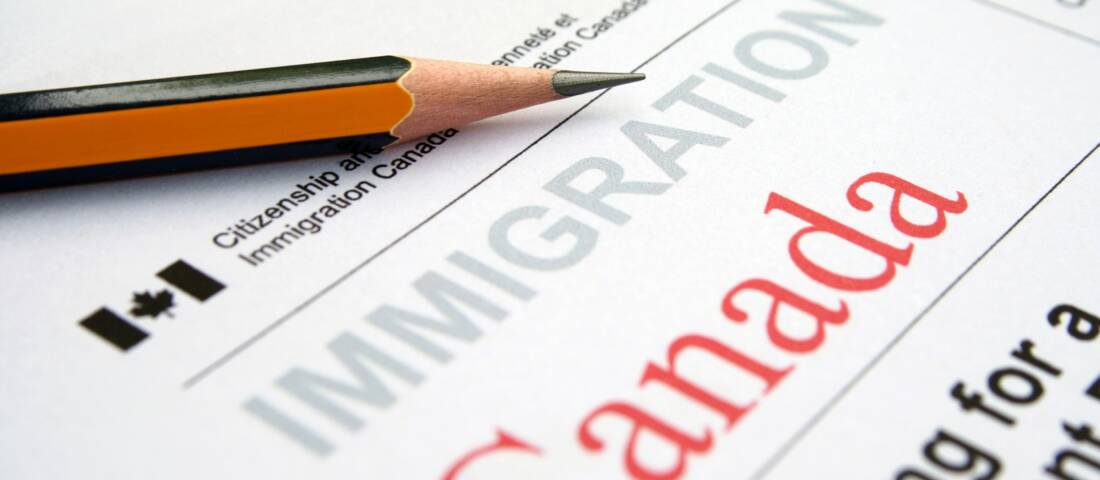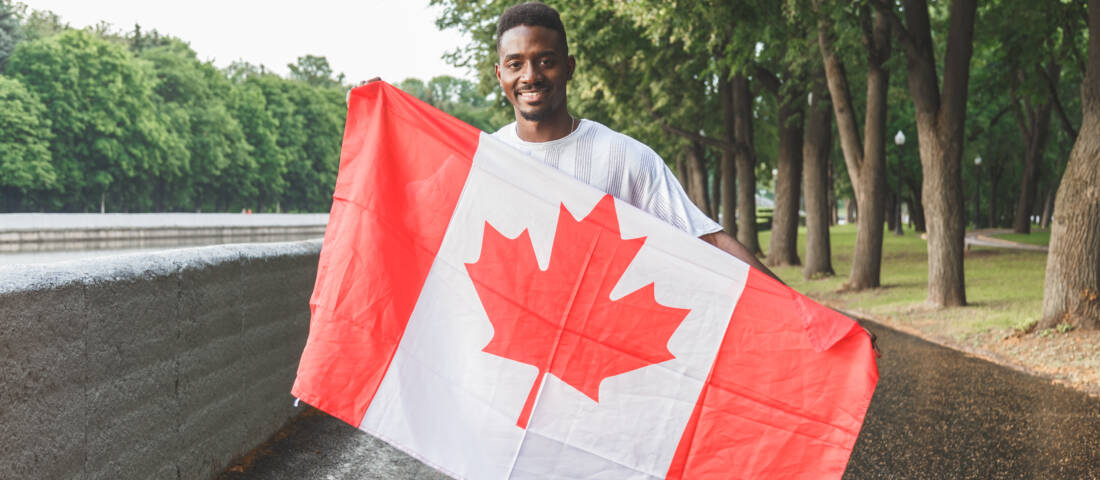Biometrics make travel to Canada easier and keep Canadians safer, says IRCC (Immigration, Refugees and Citizenship Canada). Canada will require biometrics including fingerprints and a photo for most Canadian immigration applications beginning July 31, 2018, for people from Europe, the Middle East and Africa, and on December 31, 2018, for applicants from Asia, Asia Pacific and the Americas.
Biometrics will "strengthen the integrity of Canada's immigration program by helping to prevent identity fraud, identifying those who pose a security risk, and preventing known criminals from entering Canada," said the IRCC in an Information Session on Biometrics on April 18, 2018.
Biometrics are tools for the measurement of unique physical characteristics such as fingerprints or eye scans and are globally recognized identification and security tools. Canada has been collecting fingerprints since 1993 for refugee applicants for TRVs (Temporary Resident Visas.)
Watch: Immigration Lawyer Evelyn Ackah discusses Canada's new biometrics requirement for immigration applications:
Key Points of Canada's Biometric Program:
- Who needs to provide biometrics:
All foreign nationals who are applying for a TRV (visitor visa), Work Permit, Study Permit, Permanent Residence or TRP (Temporary Resident Permit) will be required to provide biometrics in support of their application. U.S. Nationals are exempt unless they are applying for PR (Permanent Residency). - 1 in 10:
The biometrics are valid for 10 years, so a foreign national will not have to submit biometrics for every new application. This makes it easier for returning students, visitors or people on a work visa to Canada. - Applications filed online:
Online immigration applicants to Canada online will receive a biometric collection letter within 24 hours, and 30 days to submit their biometrics. - 57 Points of Entry:
Canada will have the ability to collect biometrics at 38 air and marine entry locations, including 19 major airports. - Fees:
$85 biometrics application fee is due at time of application, with a maximum of $170 family fee. - What happens when you arrive:
Canada immigration will check your identity to make sure that you are the same person who was approved to travel to Canada. Inspection kiosks at major Canadian airports and other POEs to confirm your identity. If you pass the identity check and meet the other entry requirements, the border services officer will stamp your passport and let you know how long you can stay in Canada.
Maintaining privacy is a key component of Canada's biometric program. IRCC has the legal authority to manage privacy risks and compliance, consistent with Canada's Privacy Act. The Office of the Privacy Commissioner has safeguards to protect applicant's privacy and personal information.








